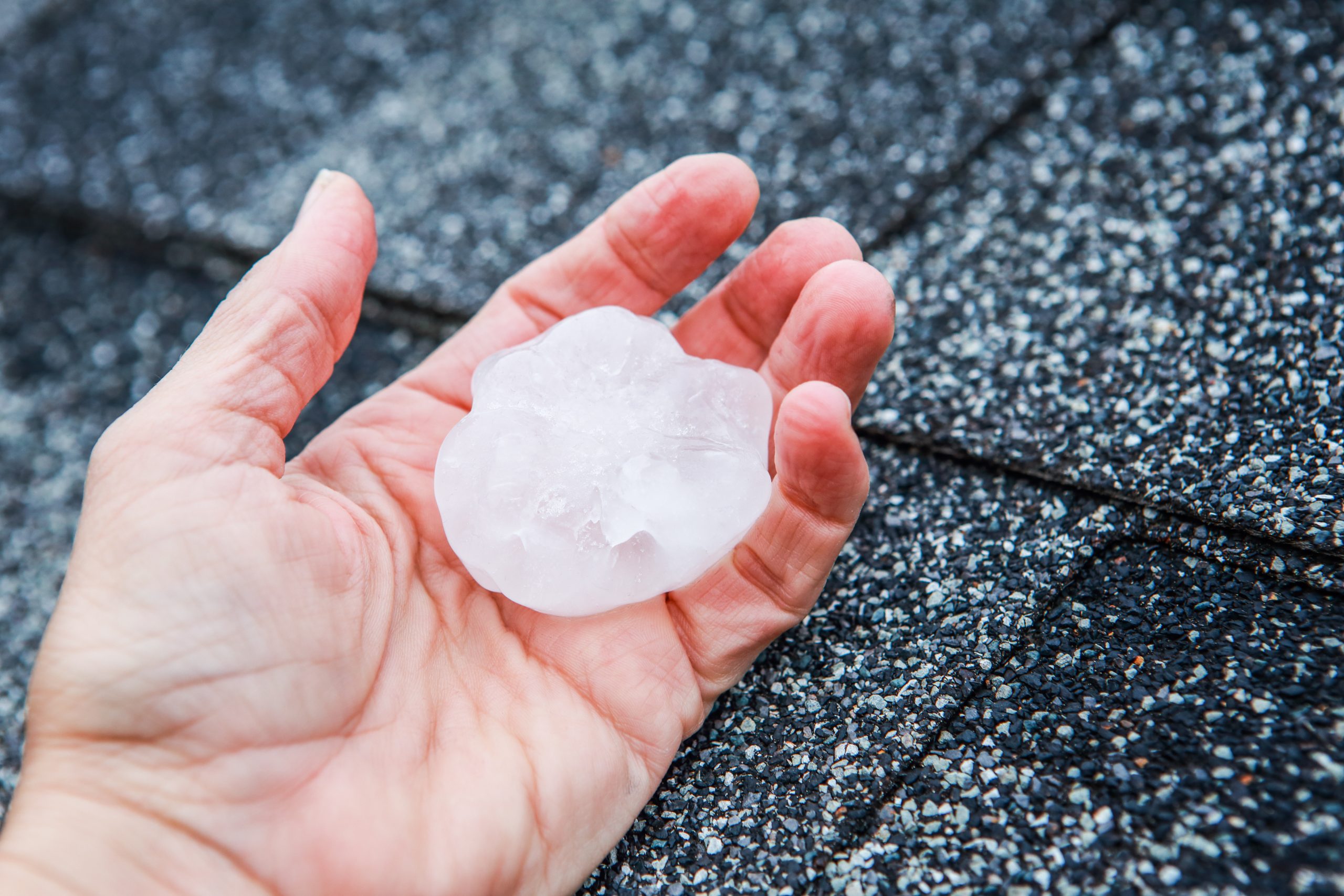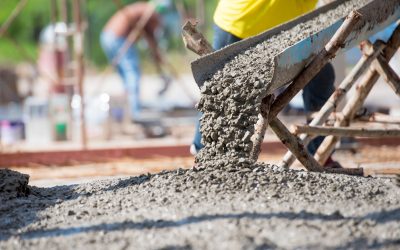Denver Colorado Digs Out After Devastating Hailstorm Leaves City Battered
Denver Colorado Hailstorm 5/21/2024
Denver residents awoke to a scene of devastation on May 21st, 2024, following a brutal hail storm that ripped through the city the night before. The storm, which began around 9 pm on May 20th, unleashed softball-sized hailstones, some measuring up to 4 inches in diameter, according to the National Weather Service (NWS).
The storm carved a destructive 20-mile path from Erie to Aurora, leaving a trail of shattered car windows, dented vehicles, and damaged roofs. Areas in northeast Denver reported blankets of ice still covering the ground on the morning of May 21st.
Widespread Damage and Cleanup Efforts
The hail caused widespread damage to homes and businesses. Residents emerged to survey the wreckage, clearing hail drifts that reached knee-depth in some locations. Reports indicated damage to gardens, siding, and even emergency vehicles.
Authorities urged residents to stay off the roads while crews cleared debris and assessed the extent of the damage. The full cost of the storm is still being determined, but officials are comparing it to the massive May 2017 hailstorm that caused over $2 billion in damages in the Denver metro area.
Insurance Concerns and Community Support
Many residents faced the daunting task of filing insurance claims for damaged vehicles and property. Insurance companies braced for a surge in claims, while local businesses offered assistance and discounts to support the community during this challenging time.
In the aftermath of the storm, the resilience of the Denver community shone through. Neighbors helped neighbors clear debris, and social media platforms buzzed with offers of support. Local charities anticipated an increase in requests for assistance as residents dealt with the financial burden of repairs.
Looking Ahead: Recovery and Preparedness
The Denver hailstorm serves as a stark reminder of the power of severe weather. As the community recovers, it’s important to reflect on preparedness measures.
Residents are advised to:
- Review their homeowners and auto insurance policies to ensure adequate coverage for hail damage.
- Invest in hail protection for vehicles such as car covers or hail guards.
- Stay informed of weather alerts and have a plan in place to seek shelter during a hailstorm.
While the hailstorm brought a wave of destruction to Denver, the city’s spirit remains unbroken. By working together, residents will rebuild and emerge stronger from this unexpected challenge.
Why are hailstorms profitable to roofers?
Hailstorms are profitable for roofers for a few reasons:
- Increased Demand: Hailstorms cause widespread damage to roofs, creating a sudden surge in demand for roof repairs and replacements. Many homeowners may not have noticed minor damage until a hailstorm exposes leaks or weakens existing issues.
- Higher Project Value: Hail damage often necessitates a full roof replacement, which is a larger and more expensive project compared to patching a minor leak. This translates to higher overall revenue for roofers.
- Insurance Coverage: Most homeowners’ insurance policies cover hail damage. This allows roofers to work directly with insurance companies, streamlining the payment process and guaranteeing payment for their services.
- Urgency for Repairs: Hail damage can leave roofs vulnerable to leaks and further weather damage. Homeowners are often motivated to get repairs done quickly, which can lead to roofers being able to charge premium rates for quicker service.
However, it’s important to note that not all aspects of a hailstorm boom are positive:
- Increased Competition: The surge in demand attracts more roofers to the area, which can lead to increased competition and potentially drive down prices for individual jobs.
- Unethical Practices: Unfortunately, some unscrupulous roofers may take advantage of the situation by pressuring homeowners into unnecessary repairs or inflating damage assessments. Homeowners should be cautious and get multiple estimates before committing to a repair.
Overall, hailstorms present a significant opportunity for roofers, but it’s a market with both benefits and drawbacks.
What can I do to become a roofer in Colorado?
Colorado’s requirements for becoming a roofer are different from most states. Here’s a breakdown of the key steps to take:
Licensing vs. Business License:
-
Unlike many states, Colorado doesn’t require a specific roofing contractor license.
-
You will, however, need a business license issued by two Colorado municipalities where you plan to operate.
- These municipalities may have their own testing requirements for obtaining the business license.
- These municipalities may have their own testing requirements for obtaining the business license.
Most municipalities require you to have passed an ICC F14 exam to provide roofing work in Colorado. Contractor Practice Exam has a plethora of resources for you to get knowledge and practice you need to pass your ICC F14 exam.
Denver has it’s own requirements to be able to perform roofing, here’s a quick rundown:
- Supervisor Certificate First: It’s a two-step process. One person from your company needs to obtain a supervisor certificate related to construction, specifically the Specialty Class D – Roofing (you’ll find details on their website).
- Then Apply for a Contractor License: Once the supervisor certificate is approved, your company can apply for a contractor’s license.
For all the details:
Head over to this website https://denvergov.org/Government/Agencies-Departments-Offices/Agencies-Departments-Offices-Directory/Community-Planning-and-Development/Contractor-Licensing and review the “Certificates – Construction – Specialty Class D” section. You’ll find all the requirements and instructions to get started.
Important Qualifications:
- Even without a mandatory license, there are essential qualifications for reputable roofers:
- Proof of Worker’s Compensation Coverage: Documentation reflecting roofing or sheet metal classifications is required.
- General Liability Insurance: A certificate showing at least $500,000 in general liability protection is necessary.
- National Exam: While not mandatory, evidence of passing a nationally recognized exam on residential or commercial property roofing work demonstrates expertise.
Additional Considerations:
- Building Permits: Always obtain the necessary permits before starting any roofing project. Permit requirements vary by locality, so check with your city or county building department.
- Colorado Roofing Association Membership: Consider joining the Colorado Roofing Association (CRA). This demonstrates professionalism and commitment to the industry.
- Reputation and Customer Service: Building a strong reputation for quality work and excellent customer service is crucial for success in any roofing business.

See how much roofing knowledge you have with our Free Colorado ICC F14 Roofing test:
Pass your Colorado ICC F14 Roofing Exam today with our tests
ICC F11 Practice Exam
ICC F11 General Contracting Practice ExamMaster Your ICC F11 Certification - Your Path to Professional ExcellenceFeeling overwhelmed by the...
ICC T16 Master Electrician Free Practice Exam
ICC T16 Master Electrician Free Practice Exam(Colorado, Kansas, Missouri, Wyoming) ICC T16 Timed Free Practice Exam Welcome to the free...
ICC T17 Certification Practice Exam
ICC T17 Journeyman Electrician Certification Practice Exam(Electrical) ICC Certification Preparation Ready to Pass Your ICC T17 Journeyman...
ICC F11 Free Practice Exam
ICC F11 Free Practice TestICC F11 Free Practice Exam: Your Key to Exam Success [site_reviews_summary assigned_posts="2613"...
ICC G18 Residential Electrician Practice Exam
ICC G18 Residential Electrician Practice Exam(Colorado, Kansas, Missouri, Wyoming) ICC G18 Timed Practice ExamAre You Ready to Pass Your ICC G18...
ICC T16 Master Electrician Practice Exam
ICC T16 Master Electrician Practice Exam(Colorado, Kansas, Missouri, Wyoming) ICC T16 Timed Practice Exam[site_reviews_summary assigned_posts="1738"...
2021 ICC Concrete Manual Exam
2021 ICC Concrete Manual Free TestAre You Ready to Master the ICC Concrete Manual portion of...
2015 ICC Concrete Manual Exam
2015 ICC Concrete Manual Free TestFacing the ICC General Contractor Exam With Concrete Questions? Turn That Pressure Into Progress!Are you a...
ICC F11 Mini Practice Exam
ICC F11 Mini Practice TestUnlocking Your Potential: Conquer the ICC F11 Exam with Confidence Are you ready to embark on a...






